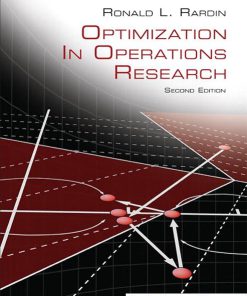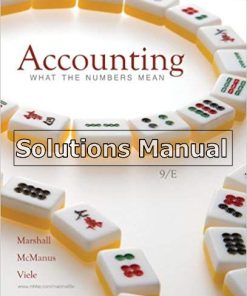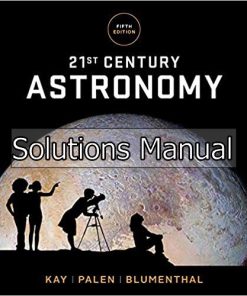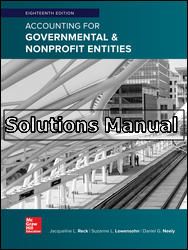Machine Learning A Bayesian and Optimization Perspective 1st Edition Theodoridis Solutions Manual
$26.50$50.00 (-47%)
Machine Learning A Bayesian and Optimization Perspective 1st Edition Theodoridis Solutions Manual.
You may also like
Instant download Machine Learning A Bayesian and Optimization Perspective 1st Edition Theodoridis Solutions Manual pdf docx epub after payment.
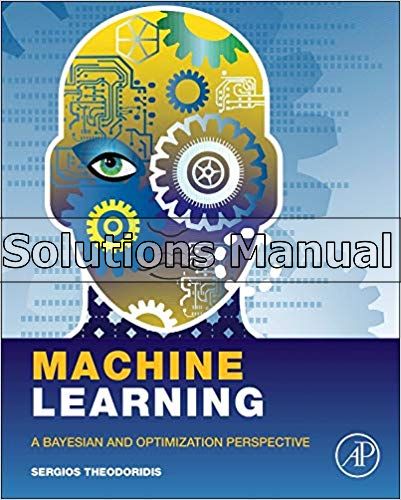
Product details:
- ISBN-10 : 0128015225
- ISBN-13 : 978-0128015223
- Author: Sergios Theodoridis
This tutorial text gives a unifying perspective on machine learning by covering both probabilistic and deterministic approaches -which are based on optimization techniques – together with the Bayesian inference approach, whose essence lies in the use of a hierarchy of probabilistic models.The book presents the major machine learning methods as they have been developed in different disciplines, such as statistics, statistical and adaptive signal processing and computer science. Focusing on the physical reasoning behind the mathematics, all the various methods and techniques are explained in depth, supported by examples and problems, giving an invaluable resource to the student and researcher for understanding and applying machine learning concepts.
Table of contents:
1. Introduction
2. Probability and Stochastic Processes
3. Learning in Parametric Modeling: Basic Concepts and Directions
4: Mean-Square Error Linear Estimation
5. Stochastic Gradient Descent: The LMS Algorithm and Its Family
6. The Least-Squares Family
7. Classification: A Tour of the Classics
8. Parameter Learning: A Convex Analytic Path
9. Sparsity-Aware Learning: Concepts and Theoretical Foundations
10. Sparsity-Aware Learning: Algorithms and Applications
11. Learning in Reproducing Kernel Hilbert Spaces
12. Bayesian Learning: Inference and the EM Algorithm
13. Bayesian Learning: Approximate Inference and Nonparametric Models
14. Monte Carlo Methods
15. Probabilistic Graphical Models:
Part 116. Probabilistic Graphical Models:
Part 217. Particle Filtering
18. Neural Networks and Deep Learning
19. Dimensionality Reduction and Latent Variables Modeling






